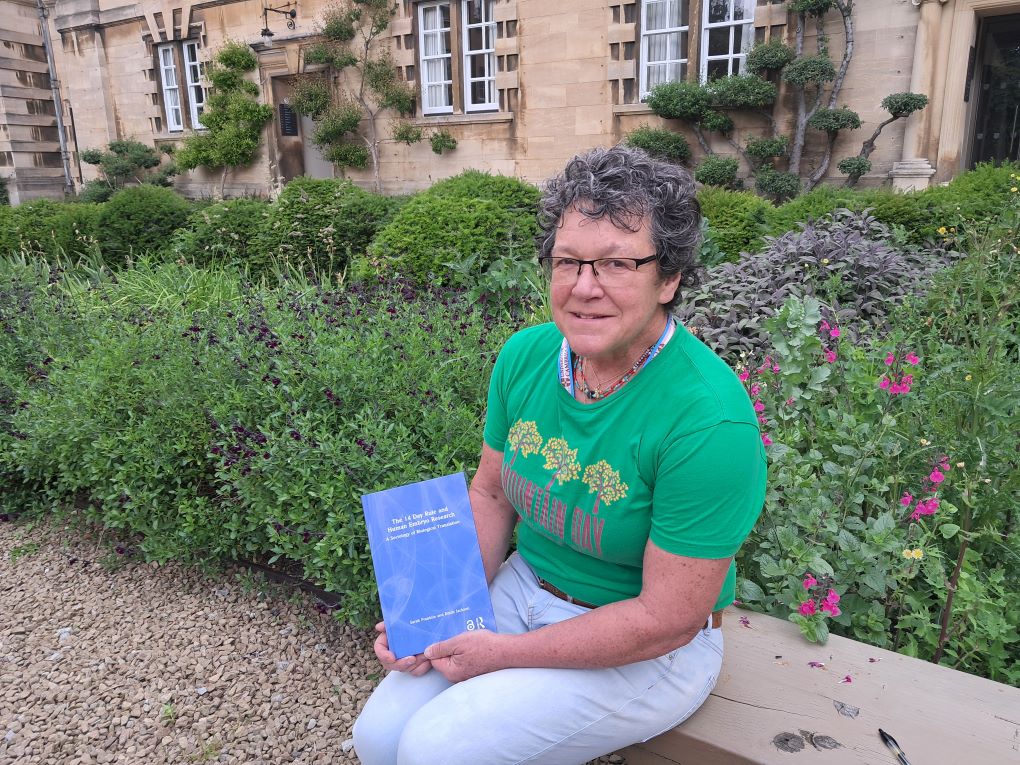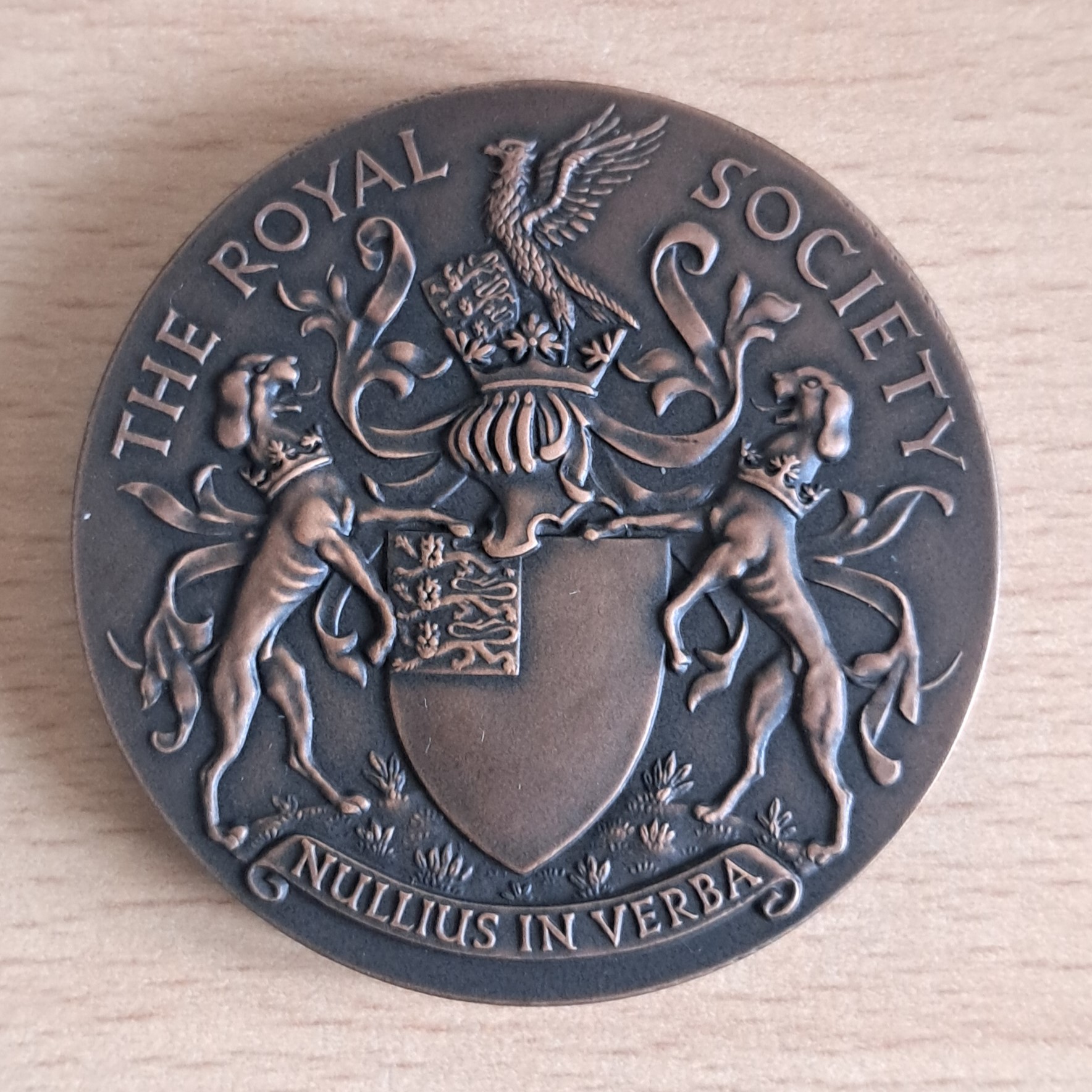A new book - The 14 Day Rule and Human Embryo Research: A Sociology of Biological Translation - by Professors Sarah Franklin and Emily Jackson considers the influential 14-day rule governing embryo research.
Christ’s Fellow, sociologist Sarah Franklin, winner of the 2023 Wilkins-Bernal-Medawar Medal from the Royal Society for her work on the social implications of new reproductive technologies, tells us more in a Q&A:
What is the 14-day rule?
The 14 day rule sets the upper time limit for research on human embryos. It was initially proposed in 1984 and later formed the basis for the 1990 Human Fertilization and Embryology Act.
Since then, it has become the global default standard in this field. It is a remarkable piece of legislation for many reasons including the fact that it has stood the test of time for so long, and helped to create the UK’s uniquely ‘strict but permissive’ climate for innovation in reproductive science, medicine and technology.
How did it come about?
It came about as a means to resolve one of the most contentious issues following the birth of Louise Brown via IVF in 1978, which was the regulation of human embryo research.
Mary Warnock, who led the Committee of Inquiry tasked with devising proposed legislation in this area, worked closely with Dr Anne McLaren, a former Fellow Commoner of Christ’s, to create a viable governance infrastructure for which the 14 day rule was a crucial component.
Why is it important?
The UK is the only country in the world that has ever managed to enact comprehensive legislation for the governance of human embryo research and IVF.
The 14 day rule is at the heart of this achievement and has helped to increase public confidence in areas of research that have struggled in other countries to win public acceptance – such as stem cell research, mitochondrial donation and preimplantation genetic diagnosis.
This rule is also important because new methods of embryo research, including several developed at Cambridge, have led to increasing calls to extend the 14 day rule to 21 or 28 days. This is now the subject of a very animated global debate, to which our book is seeking to make both a practical and a scholarly contribution.
What is biological translation?
‘Translational’ science is the term used to describe how a basic scientific discovery becomes a successful applications. The expression ‘from bench to bedside’ describes the translation process as research progresses step by step to deliver, for example, a new clinical procedure.
IVF is one of the most successful translational technologies of the twentieth century. Our main argument, reflected in the title of our book, is that the translational process crucially involves dialogue between science and its publics. We argue the 14 day rule has many important lessons to offer in this respect.

How might the rule change?
The recent recommendation by the International Society for Stem Cell Research (ISSCR) that the 14 day rule be reconsidered reflects the huge advances in human embryo research over the past half century which now offer the possibility of understanding the crucial period of very early development after 14 days.
In particular the development of embryo models – which mimic aspects of normal development – has opened up whole new avenues of research that could have fundamental scientific as well as clinical importance for future understandings of human reproduction and development.
What are the implications?
The implications are both social and scientific. The Warnock consensus is based on an underlying social contract: in exchange for allowing human embryo research it would be subject to the very strictest regulation under criminal law.
Changing a rule that has stood in place for more than three decades, and which is one of the main pillars of the UK’s regulation in this controversial area has symbolic as well as practical implications.
Many Cambridge researchers, including me, are consequently very involved in the project of exploring public views on this topic, as well as possible models for future legislation. There is no doubt the global discussion of how to regulate embryo models and human embryo research going forward will have very significant implications for how controversial bioinnovation is governed in the future, and this will have implications for us all.
The 14 Day Rule and Human Embryo Research: A Sociology of Biological Translation
You can watch the Wilkins_Bernal_Medawar Lecture 2023 by Professor Franklin on YouTube.


